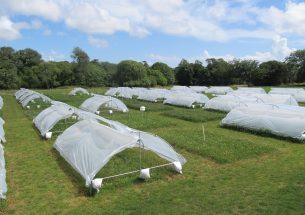News and Opinion
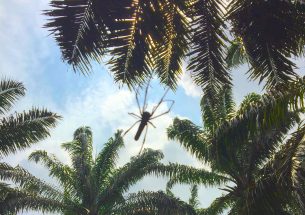
Oil palm replanting may decrease arthropod biodiversity
READ MORE about Oil palm replanting may decrease arthropod biodiversity
BES response to the UN’s Global Biodiversity Outlook report
READ MORE about BES response to the UN’s Global Biodiversity Outlook report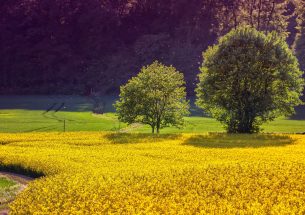
Insect diversity boosted by combination of crop diversity and semi-natural habitats
READ MORE about Insect diversity boosted by combination of crop diversity and semi-natural habitats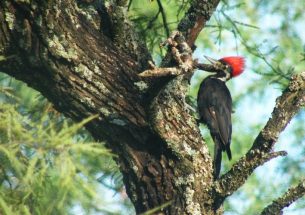
When landscapes change, conservation strategies must change as well
READ MORE about When landscapes change, conservation strategies must change as well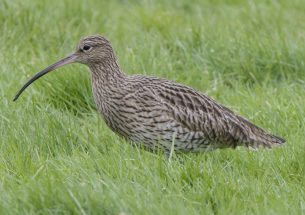
Debate needed on the potential culling of generalist predators such as crows and foxes to protect Europe's declining ground-nesting birds
READ MORE about Debate needed on the potential culling of generalist predators such as crows and foxes to protect Europe's declining ground-nesting birds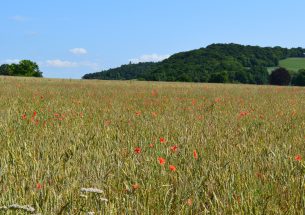
Wild bees depend on the landscape structure
READ MORE about Wild bees depend on the landscape structure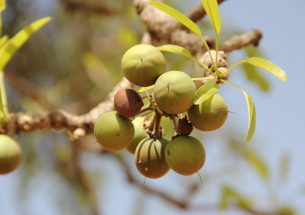
Birds, bees and butter – new study underlines importance of biodiversity for crop production and West African livelihoods
READ MORE about Birds, bees and butter – new study underlines importance of biodiversity for crop production and West African livelihoods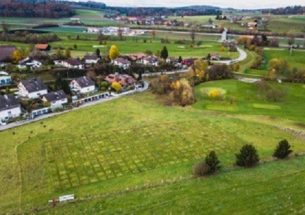
How does an increase in nitrogen application affect grasslands?
READ MORE about How does an increase in nitrogen application affect grasslands?
“Superfoods”, a super-impact on the environment
READ MORE about “Superfoods”, a super-impact on the environment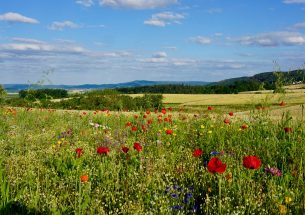
More taxpayers’ money for the environment and public benefit
READ MORE about More taxpayers’ money for the environment and public benefit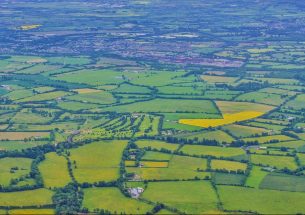
Smaller fields and diversified crops can help spontaneous plants to make a comeback, even in the middle of fields
READ MORE about Smaller fields and diversified crops can help spontaneous plants to make a comeback, even in the middle of fields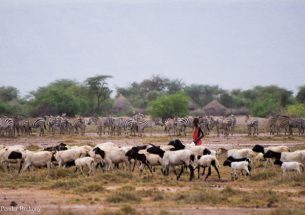
What’s good for livestock can be good for wildlife
READ MORE about What’s good for livestock can be good for wildlife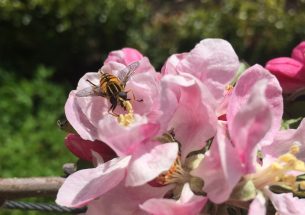
Call for policy makers to protect pollinators
READ MORE about Call for policy makers to protect pollinators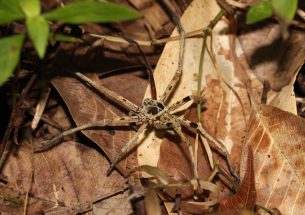
Global study finds predators are most likely to be lost when habitats are converted for human use
READ MORE about Global study finds predators are most likely to be lost when habitats are converted for human use